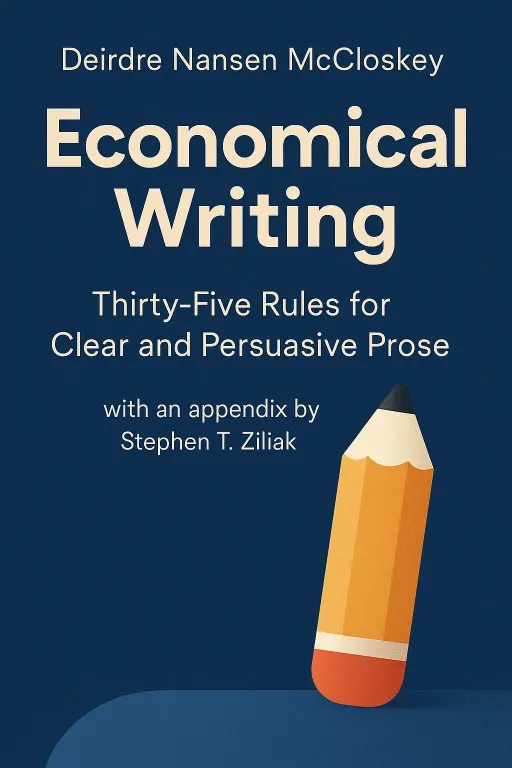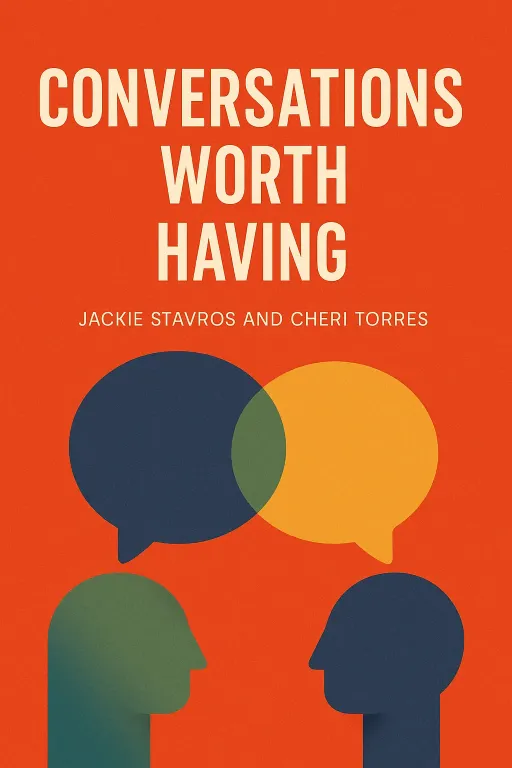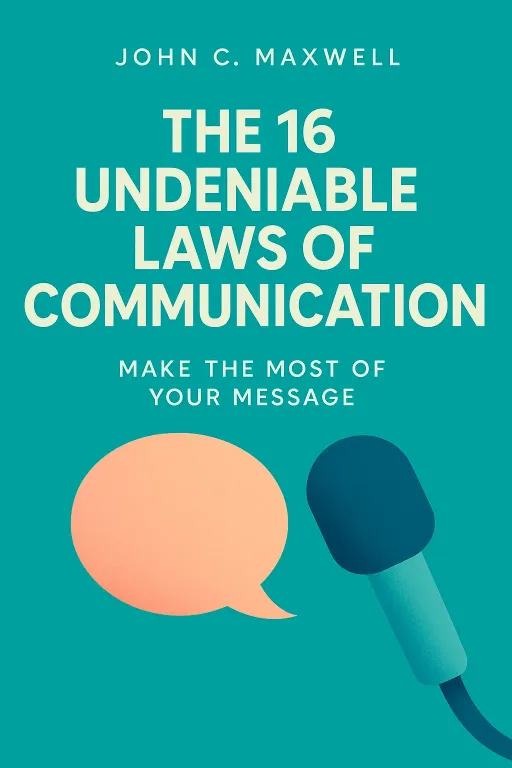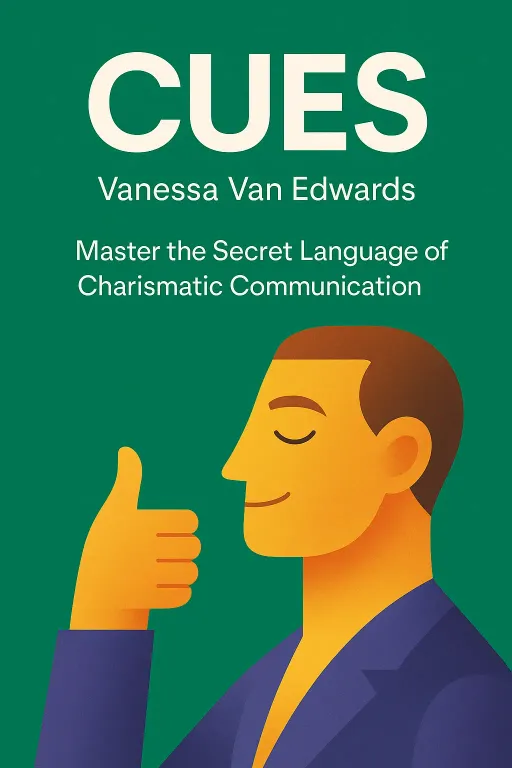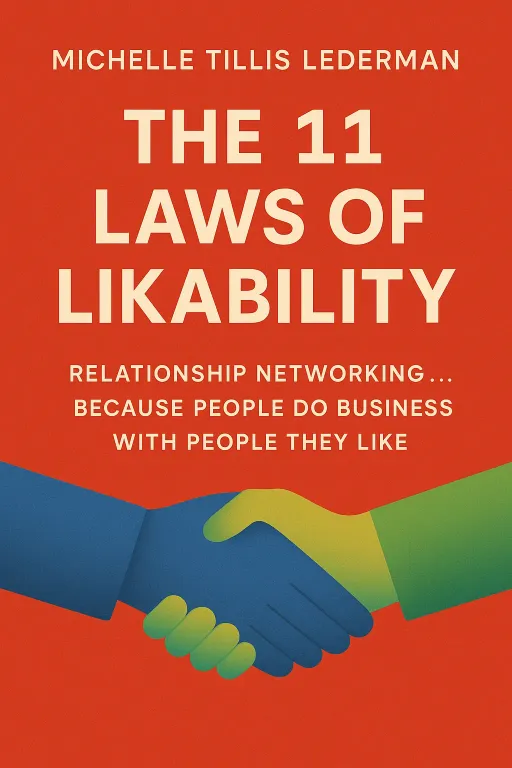
The 11 Laws of Likability
11 minRelationship Networking . . . Because People Do Business with People They Like
Introduction
Narrator: A professor of organizational communication stands before her class at New York University, teaching the hard rules of strategic interaction. "You must have a purpose for every communication," she insists. "If you haven't established your intent, you are wasting your time." To drive the point home, she asks the students what they believe her objective is for the semester. After a moment of silence, one student speaks up, not with an academic answer, but with a piercing observation: "You want us to like you!" The professor, Michelle Tillis Lederman, is taken aback. She dismisses the comment, but it follows her. In that moment of reflection, she realized the student was right. More importantly, she realized that this fundamental human desire to be liked wasn't a weakness to be hidden, but a powerful, misunderstood key to connection.
This pivotal classroom encounter sparked a journey that led to the book, The 11 Laws of Likability. Lederman argues that for decades, we've been taught to view networking as a transactional, strategic chore—a game of "working a room" to see what we can get. But this approach feels inauthentic and exhausting because it is. The book offers a radical reframe: what if the foundation of all successful relationships, both personal and professional, isn't about what you do, but how you make people feel? What if likability isn't an innate trait, but a skill that can be learned, practiced, and perfected?
Authenticity is the Bedrock of Connection
Key Insight 1
Narrator: The first and most crucial law of likability is that genuine connection cannot be built on a fabricated persona. In a world that pressures us to present a polished, perfect version of ourselves, Lederman argues that our greatest strength is our authentic self. Trying to be someone you're not is not only mentally exhausting, but it's also transparent to others and ultimately undermines trust.
Consider the story of Sarah, a recent MBA graduate attending a high-stakes networking event in New York City. Feeling immense pressure to impress, she adopted a persona she believed industry leaders would find appealing. She exaggerated her role in past projects, claiming sole credit for team successes, and delivered a slick but insincere elevator pitch to everyone she met. When she encountered Mark, a seasoned executive, he initially seemed interested. But as he asked specific follow-up questions, Sarah struggled to provide details, and the inconsistencies in her story began to show. Mark sensed her lack of authenticity and politely excused himself. Sarah left the event with a pocketful of business cards but no real connections, realizing her attempt to impress had backfired completely.
Sarah’s experience illustrates a core principle of the book: people are drawn to the real you, not the representative you send in your place. As one expert quoted in the book states, "we already have everything we need to connect with others... by just being yourself." Authenticity isn't about revealing every personal detail; it's about aligning your actions with your true values and having the confidence to let your genuine personality shine through.
The World is a Mirror to Your Energy
Key Insight 2
Narrator: Before you even speak a word, you are communicating. The energy you project—your mood, your attitude, your internal state—is reflected back at you by the people you interact with. Lederman introduces this concept with a powerful lesson from her father. As a child, he stood her in front of a mirror and told her to smile. The reflection smiled back. Then he told her to look angry. The reflection scowled. "The world is a mirror," he explained. "What you show the world is what the world will show you."
This simple metaphor is the foundation for the Laws of Perception and Energy. Building likability starts with self-awareness. On days when you feel confident and positive, interactions tend to be smooth and productive. On days when you're stressed or negative, even simple conversations can feel like a struggle. This isn't a coincidence. Your energy sets the tone. People subconsciously pick up on your mood and often mirror it.
Therefore, preparing for an important interaction isn't just about preparing what you'll say; it's about managing your internal state. It requires checking in with yourself: What is my mood? What assumptions am I bringing into this conversation? By consciously choosing to project positive, open energy, you create an environment where others feel more comfortable and are more likely to respond in kind, creating a positive feedback loop that fosters connection.
Build Bridges Through Similarity and Positive Feelings
Key Insight 3
Narrator: Once a conversation begins, two of the most powerful forces for building rapport are the Law of Similarity and the Law of Mood Memory. The Law of Similarity states that people like people who are like themselves. We are naturally drawn to those who share our interests, backgrounds, values, or even communication styles. Finding this common ground creates an instant sense of comfort and trust.
A story in the book perfectly illustrates this. A young salesman named David was struggling to close a major deal with a CEO, Mr. Thompson. His pitches, focused solely on the software's features, were falling flat. David’s mentor gave him some advice: stop selling and start connecting. David did some research and discovered that he and Mr. Thompson shared a passion for classic cars. In their next meeting, David steered the conversation toward their shared hobby. The two bonded instantly. Only after establishing this genuine, personal connection did David transition back to business, framing his software's benefits in a way that resonated with his now-receptive client. He closed the deal because he stopped being just a vendor and became someone Mr. Thompson liked and trusted.
Closely related is the Law of Mood Memory, which is best summarized by the famous Maya Angelou quote: "People will forget what you said, people will forget what you did, but people will never forget how you made them feel." Likability is less about the specific words exchanged and more about the emotional wake you leave behind. By focusing on making others feel heard, valued, and positive in your presence, you create a lasting impression that transcends the details of any single conversation.
The Long Game: Turning Conversations into Connections
Key Insight 4
Narrator: A successful first interaction is not the end goal; it's the beginning. The true art of relationship networking lies in what happens after the conversation. This is where the Laws of Familiarity, Giving, and Patience come into play. Lederman emphasizes that relationships, like gardens, need to be nurtured over time to grow.
She shares the story of meeting a woman named Alana at an industry roundtable. Alana was in her sixties, and on the surface, they seemed to have little in common. But the author felt a spark of curiosity and acted on it. After the session, she sought Alana out, and their chat turned into a two-hour conversation over wine. They discovered a surprising number of professional overlaps and ways they could support each other. That single conversation, followed by consistent contact, blossomed into a valuable, long-term business collaboration.
This outcome was only possible because the author didn't let the initial interaction fade away. Building familiarity requires staying on someone's radar in a genuine, non-intrusive way—sending a relevant article, making a helpful introduction, or simply checking in. It requires the patience to let the relationship develop organically, without forcing a transactional outcome. Most people collect business cards; truly likable people cultivate connections.
The Power of Giving Without Expectation
Key Insight 5
Narrator: Perhaps the most transformative principle in the book is the Law of Giving. This law flips the traditional networking script on its head. Instead of approaching interactions with the mindset of "What can I get?", the most likable and connected people ask, "What can I give?" This isn't about grand, sacrificial gestures. It's about a consistent practice of providing value to others without keeping a mental scorecard.
This can be as simple as making an introduction, sharing a useful resource, offering advice, or extending an invitation. The principle is rooted in the powerful psychological concept of reciprocity. A study on tipping behavior found that waiters who gave diners a single mint with the bill saw their tips increase by 3%. When they gave two mints, tips jumped by 14%. And if the waiter gave one mint, started to walk away, then turned back to offer a second one as a seemingly personal afterthought, tips skyrocketed by 23%.
This study reveals a profound human truth: small, unexpected acts of giving trigger a powerful desire to give back. By focusing on generosity, you not only build immense goodwill but also create a network of people who are genuinely invested in your success, because you have first been genuinely invested in theirs.
Conclusion
Narrator: The single most important takeaway from The 11 Laws of Likability is that meaningful relationships are the currency of a successful and fulfilling life, and these relationships are built on a foundation of authentic connection, not strategic transaction. The fundamental shift is moving from a "me-focused" approach to a "relationship-focused" one. It's about understanding that your network's strength isn't measured by the number of contacts you have, but by the quality of the connections you've nurtured.
Ultimately, likability is not about being a people-pleaser or changing who you are. It's about having the self-awareness to understand how you show up in the world and the generosity to focus on bringing value to others. The book's challenge is to stop "networking" and start connecting. So, the question to leave with is this: What one small, genuine act of giving can you perform today, not to get something in return, but simply to strengthen a relationship and make someone's world a little better?
